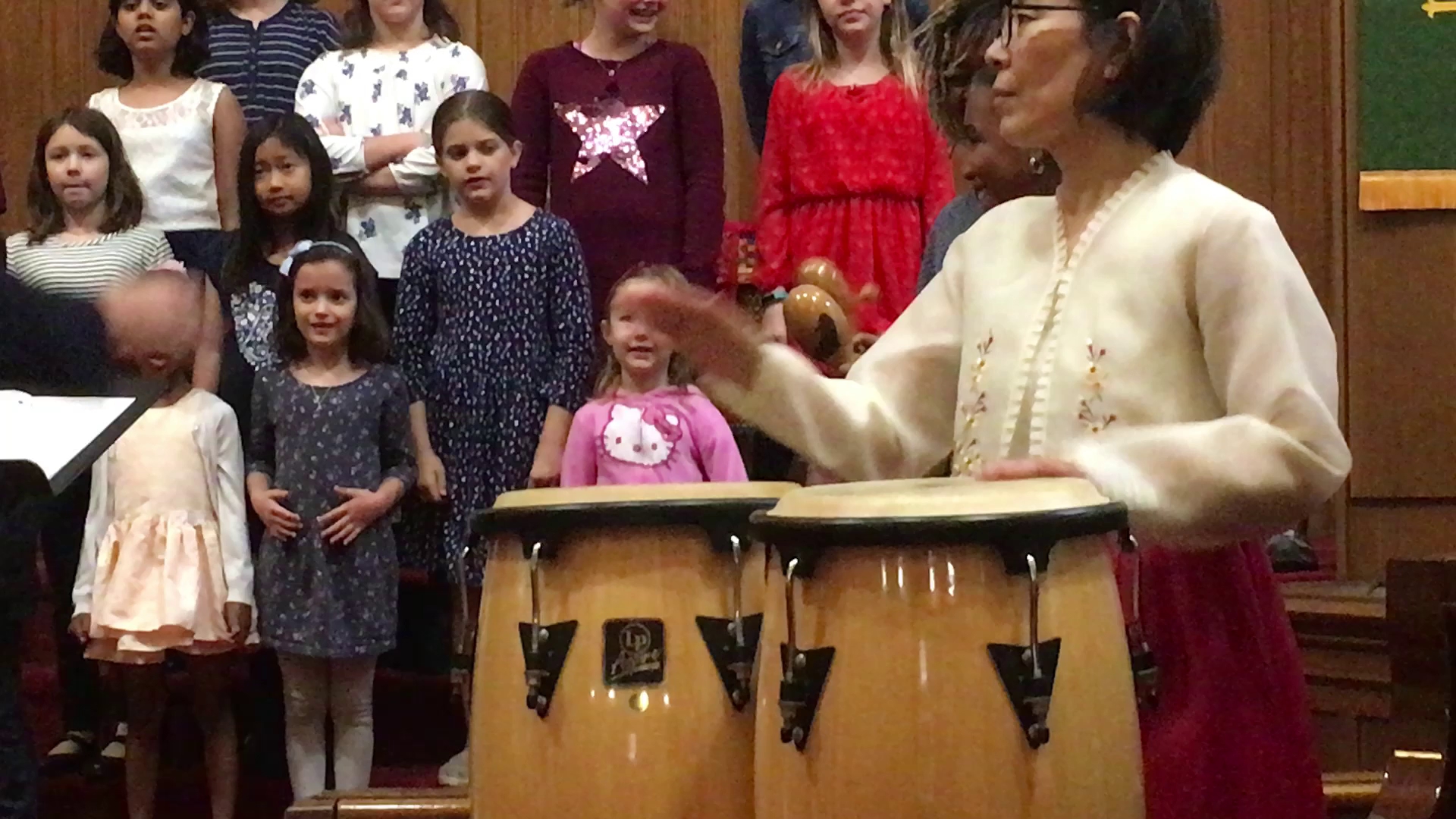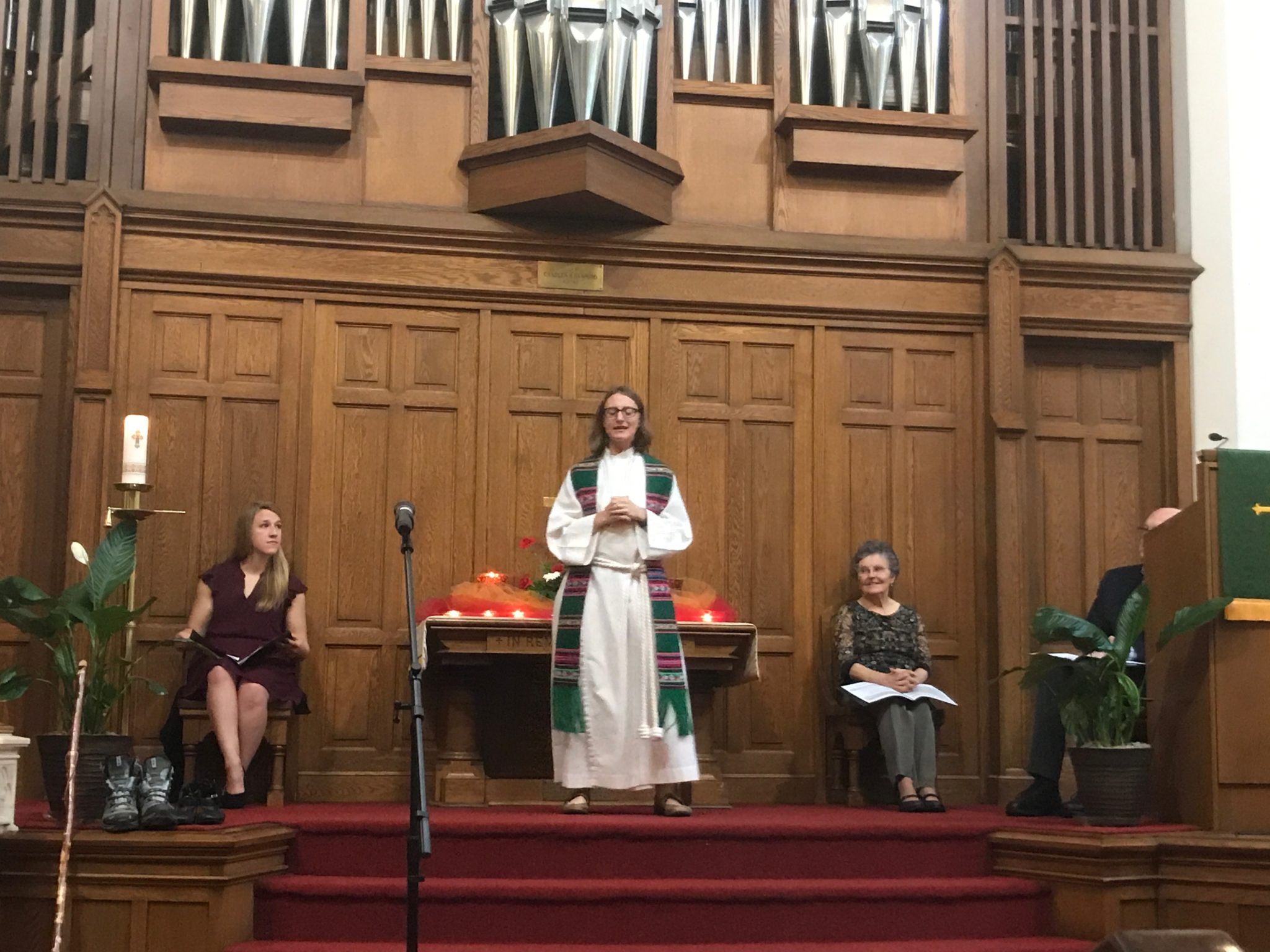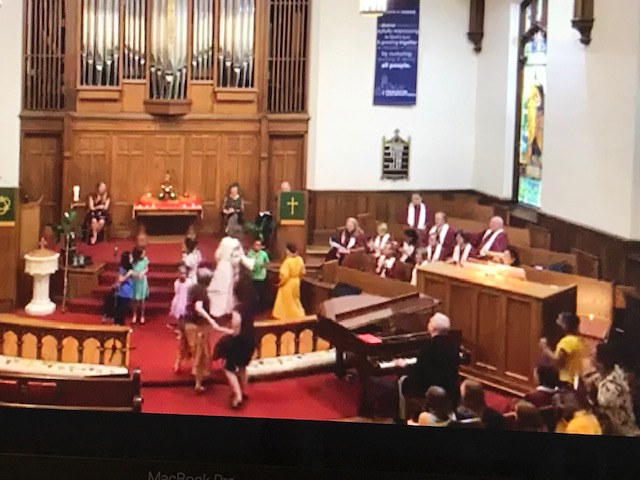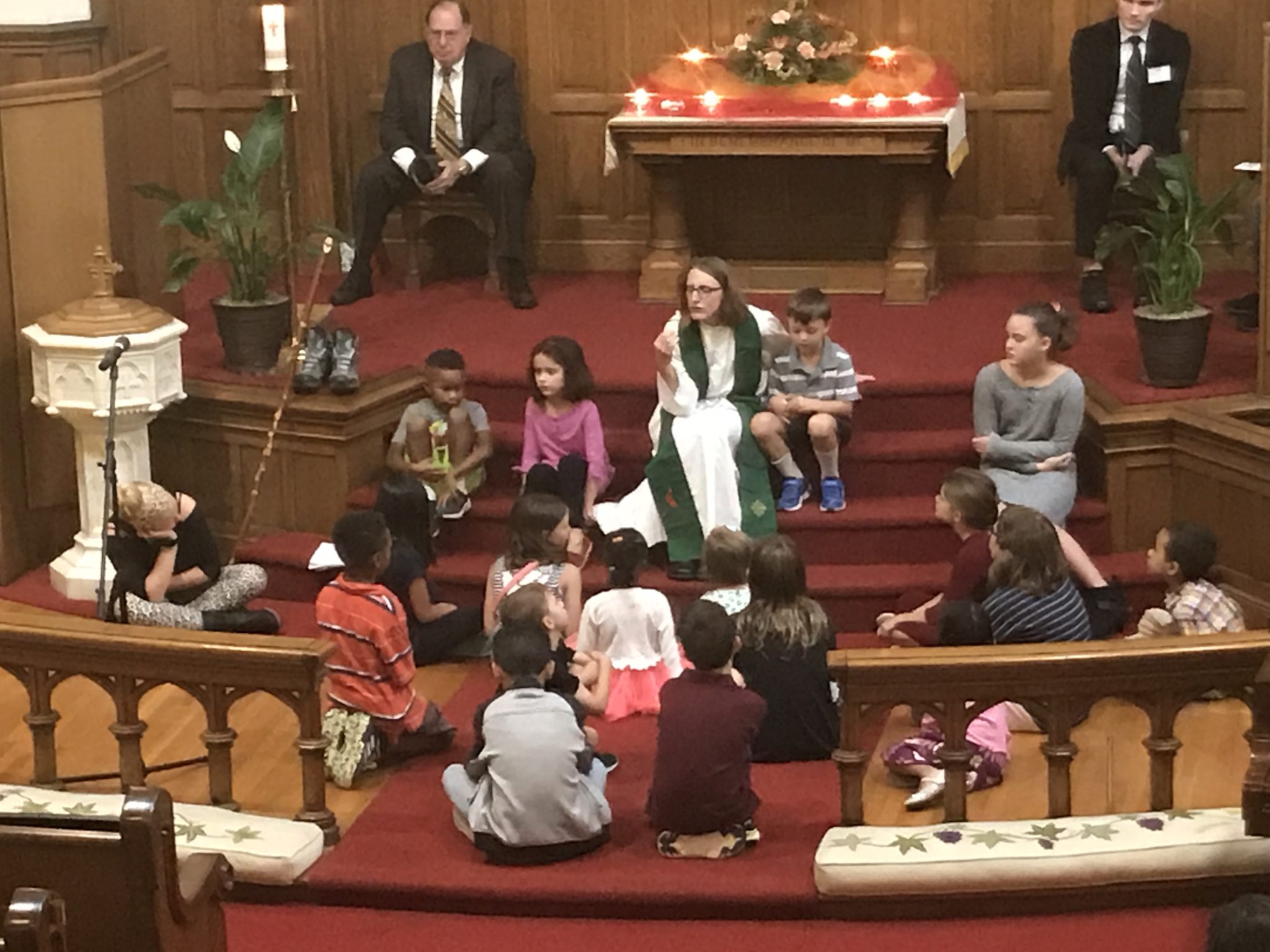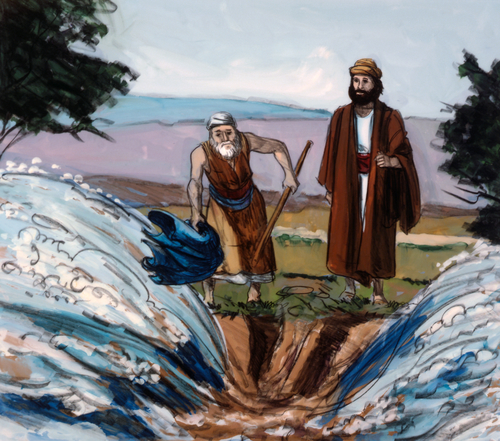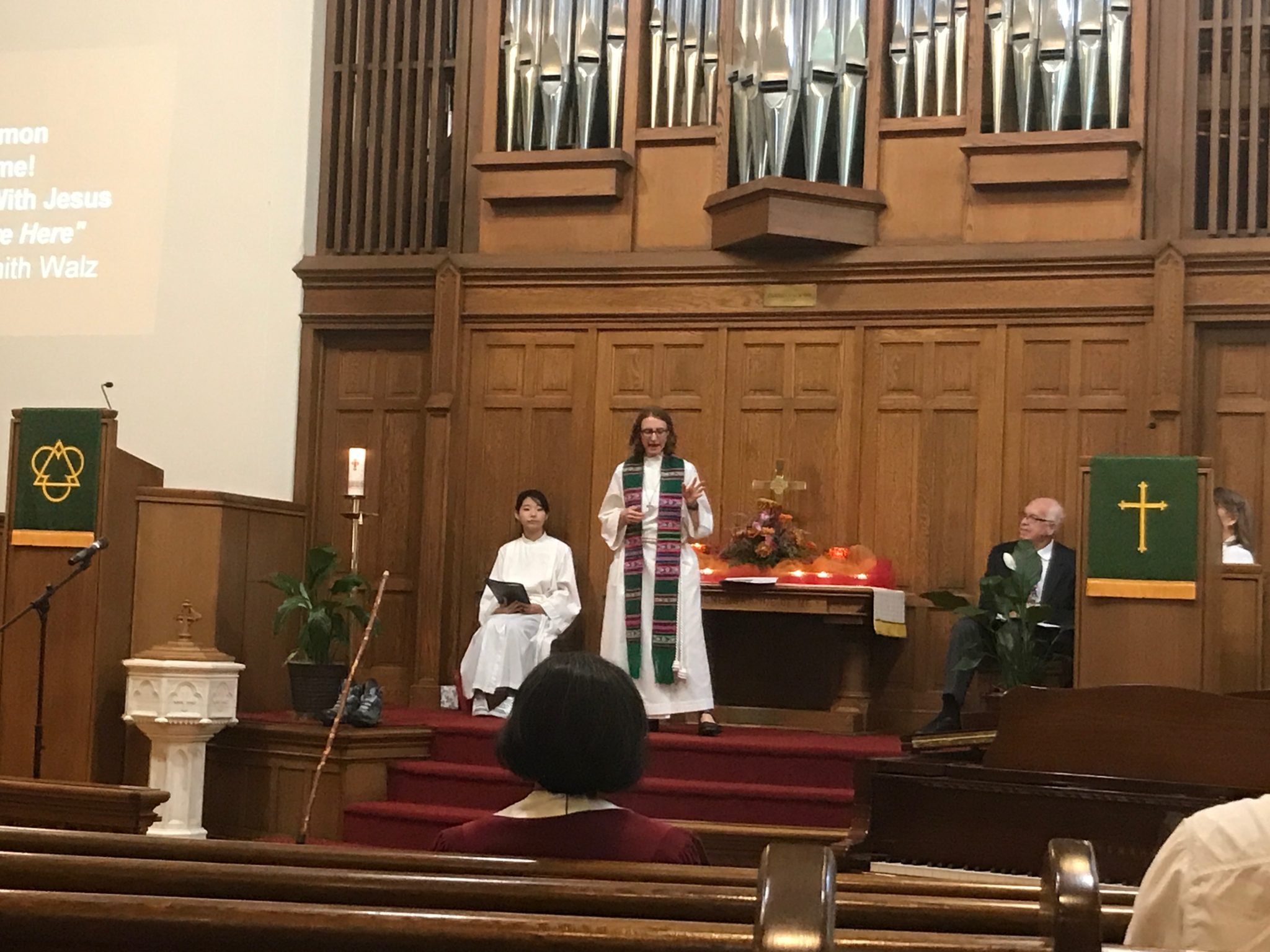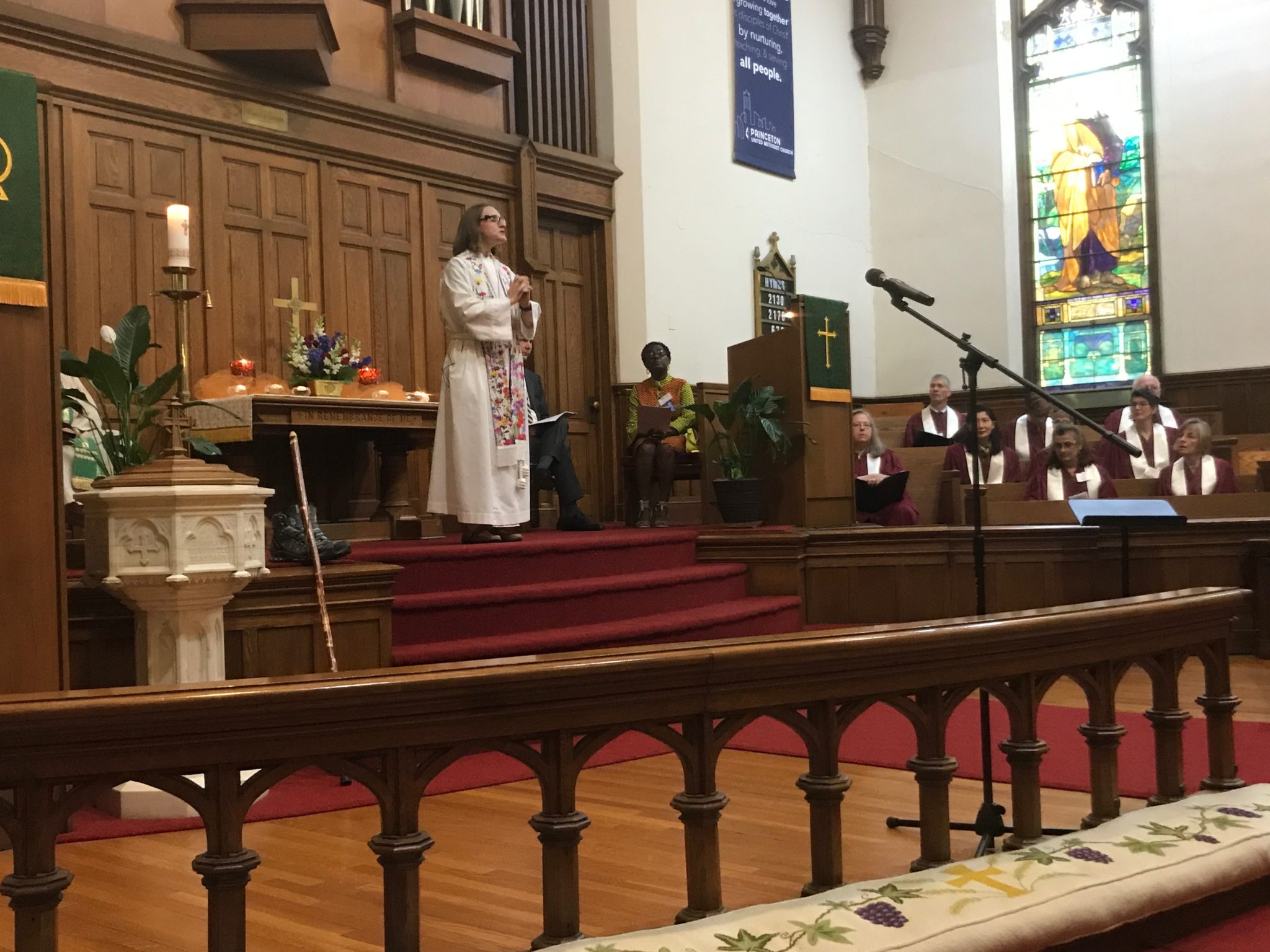“Singing Mary’s Song” is the theme for Princeton United Methodist Church this Advent season, during 10 am worship. “The Magnificat” is the Virgin Mary’s joyful, prophetic response when the baby John the Baptist in her cousin Elizabeth’s womb joyfully recognizes the presence of the baby Jesus in her womb.
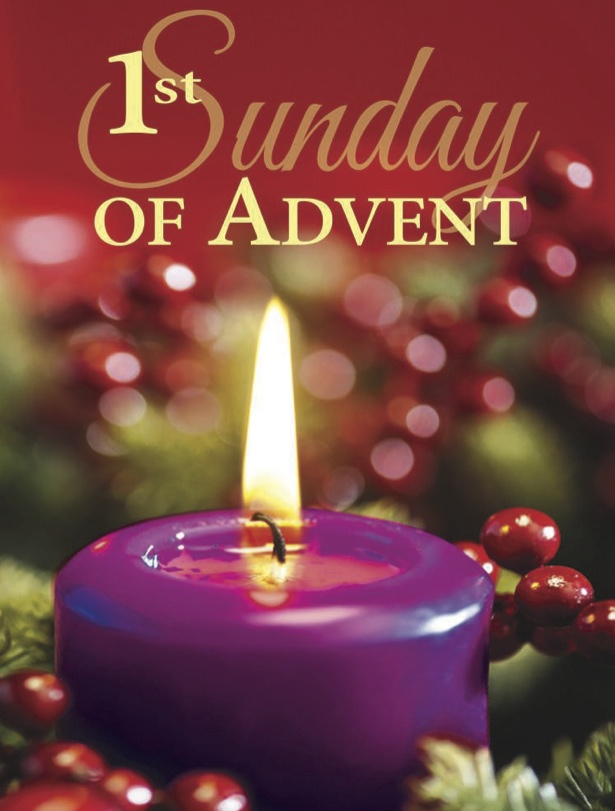
On this First Sunday of Advent, December 1, 2019, Pastor Jennifer Smith-Walz preached a sermon titled “Singing Mary’s Song of Rejoicing.” The Scripture for the week is Luke 1:46-55. These ten verses of Scripture are beautiful, dense, vibrant, hopeful, and challenging.
“We are a diverse community joyfully responding to God’s love and growing as disciples of Christ.” That is our Mission Statement – why we exist as PUMC – why we are thankful more and more.
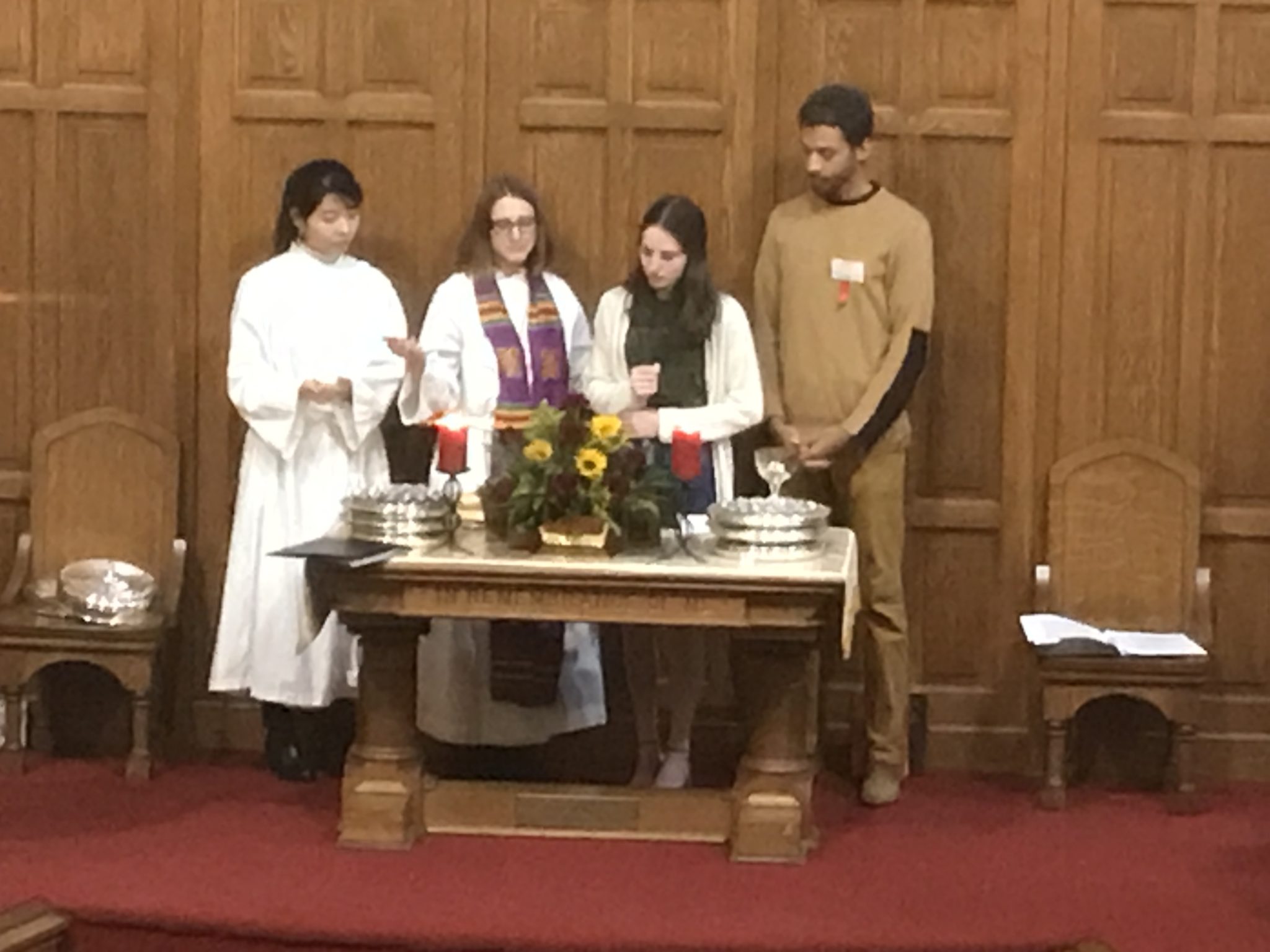
The keyword here is “Joyfully.” We are joyfully responding to God’s Love, yet, we get confused sometimes between “joy” and “happiness.” Joy can be both a gift and a challenge. Is it aspirational? Is it appropriate – given so much sorrow, struggle, and despair in the world? A joyful thing can be a struggle, particularly when we are struggling and finding it difficult to be happy. It is not always a natural disposition to be joyful when one has a lot of work to do. Define Joy. What is your joy?
In the Gospel of John, chapter 15, verse 11, Jesus said: “I have told you this so that my joy may be in you and that your joy may be complete.” Jesus demands us to love one another: “My command is this: Love each other as I have loved you.”
Mary taught me much about Joy. Here we see a young Jewish girl from the backwater town of Nazareth, unwed and vulnerable – receiving the announcement by the angel Gabriel that she would conceive a son by the power of the Holy Spirit to be called Jesus. She goes to visit her relative, Elizabeth. Her response to the Annunciation is to sing a song, “My soul magnifies the Lord …” She is full of joy, but it could easily have been fear. This song is full of joy, hope, reversal, expectation, Incarnation, and Kingdom building.
Rejoice! God has broken into your life and human history.
Rejoice! God has regard for you – beloved, enough, seen, known, loved
Rejoice! God is calling you to join God’s action. Incarnate, kingdom building, liberation, healing, joy
Rejoice! Mary’s ‘Yes’ and every ‘Yes” within us
Rejoice! The reign of God is at hand. God has fulfilled his promise. Full of surprise and life
Rejoice! God is trustworthy, kind, merciful. We can say yes, even if we don’t understand
Rejoice! God is giving us eyes to see God’s promise as already fulfilled.
Rejoice! God is turning things on their heads! Subverting power structures, pretensions, hierarchies, sin, in church and society
Rejoice! God’s liberating work has set you free. No more fear of failure, loss, rejection. No more shame that distances and hides. No more need for anxiety and control. No more need to get your worth from status, wealth, privilege, possession, or meeting expectations.
Rejoice! God has not forgotten those who are oppressed (underprivileged or overprivileged). God’s liberating work is setting the downtrodden free, scattering the proud, lifting the lowly, filling the hungry with good things.
Rejoice! God has embodied all of this in the absurd choice of these two marginalized pregnant women who bear the good news, the gospel, the “incarnate” love of God in this world of the “I – young/poor/unwed” or the “I – too old!”
Rejoice! We are all pregnant with the possibility of a new life. God is with us – God is in us.
Rejoice! We do not have to manufacture joy – a gift – a fruit of the Holy Spirit. We just let it in. Say yes! And when we do, like Mary – our souls magnify the Lord – aglow.
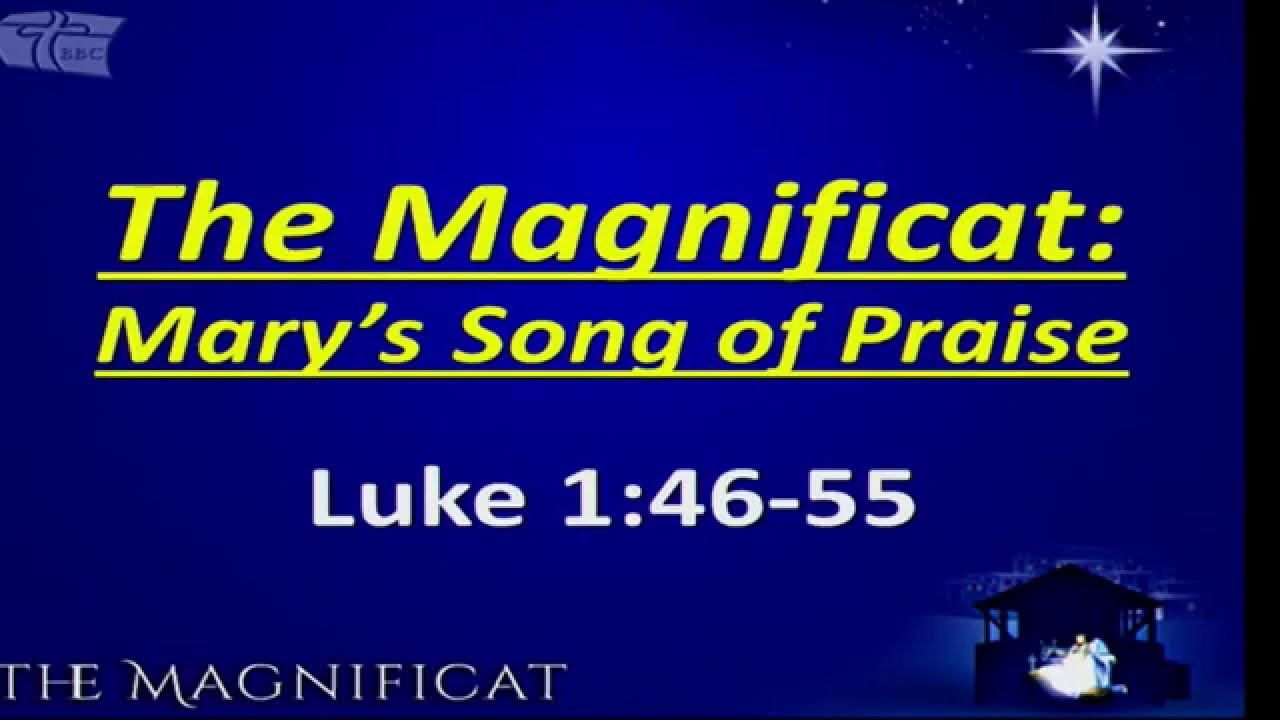
So let us celebrate Advent, singing Mary’s song of praise together: “My soul magnifies the Lord, and my spirit rejoices in God, my savior.” AMEN
The sermon is a podcast on this webpage under the category worship. Here is the link
For the complete video of the December 1 service, found on Princeton United Methodist Church Facebook page, click here

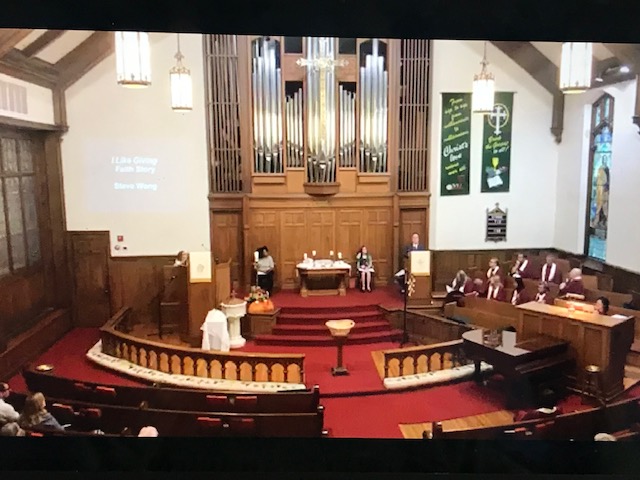
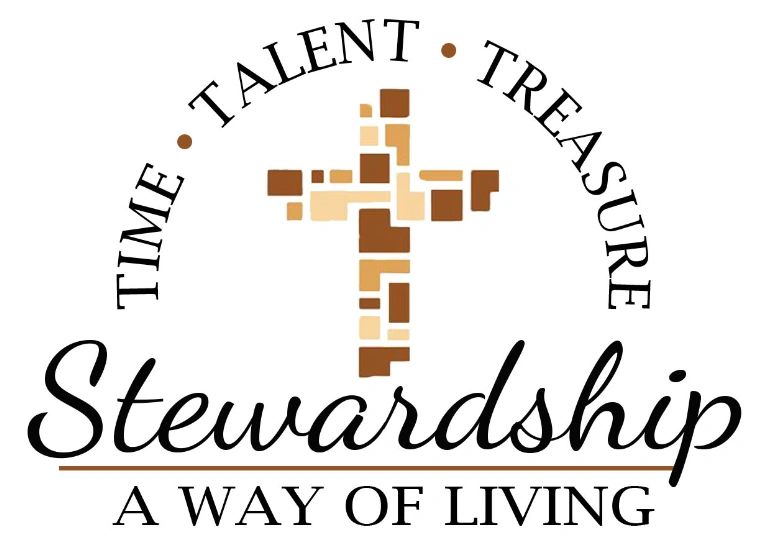
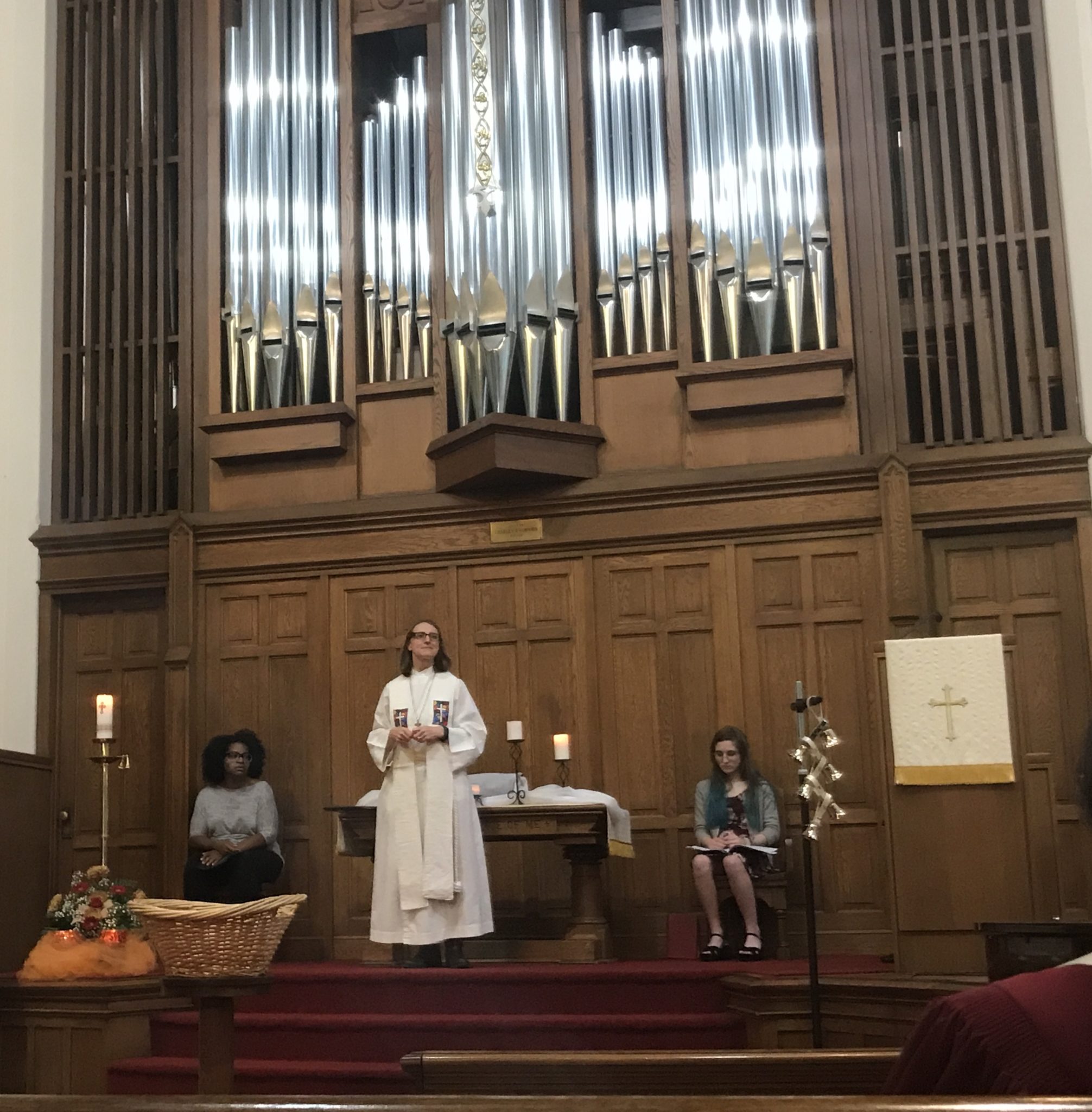
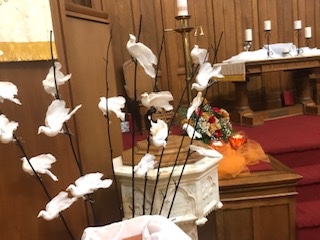
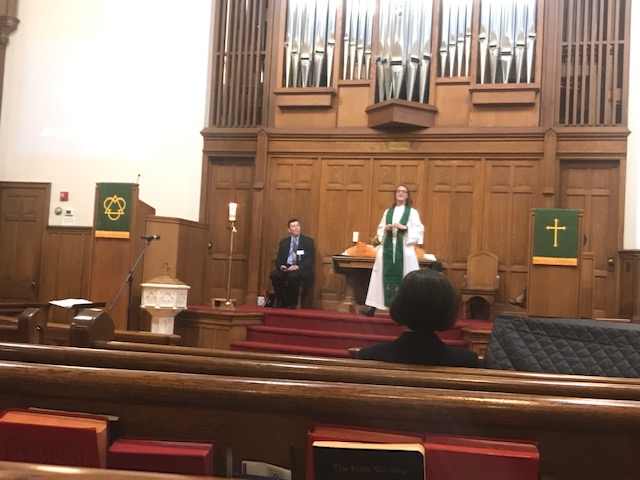
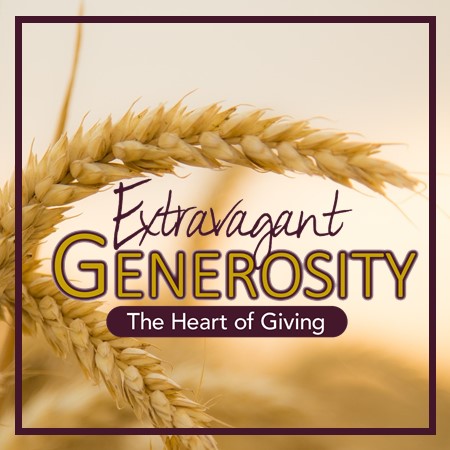
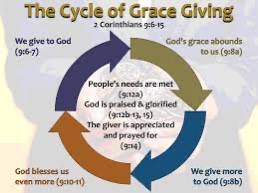
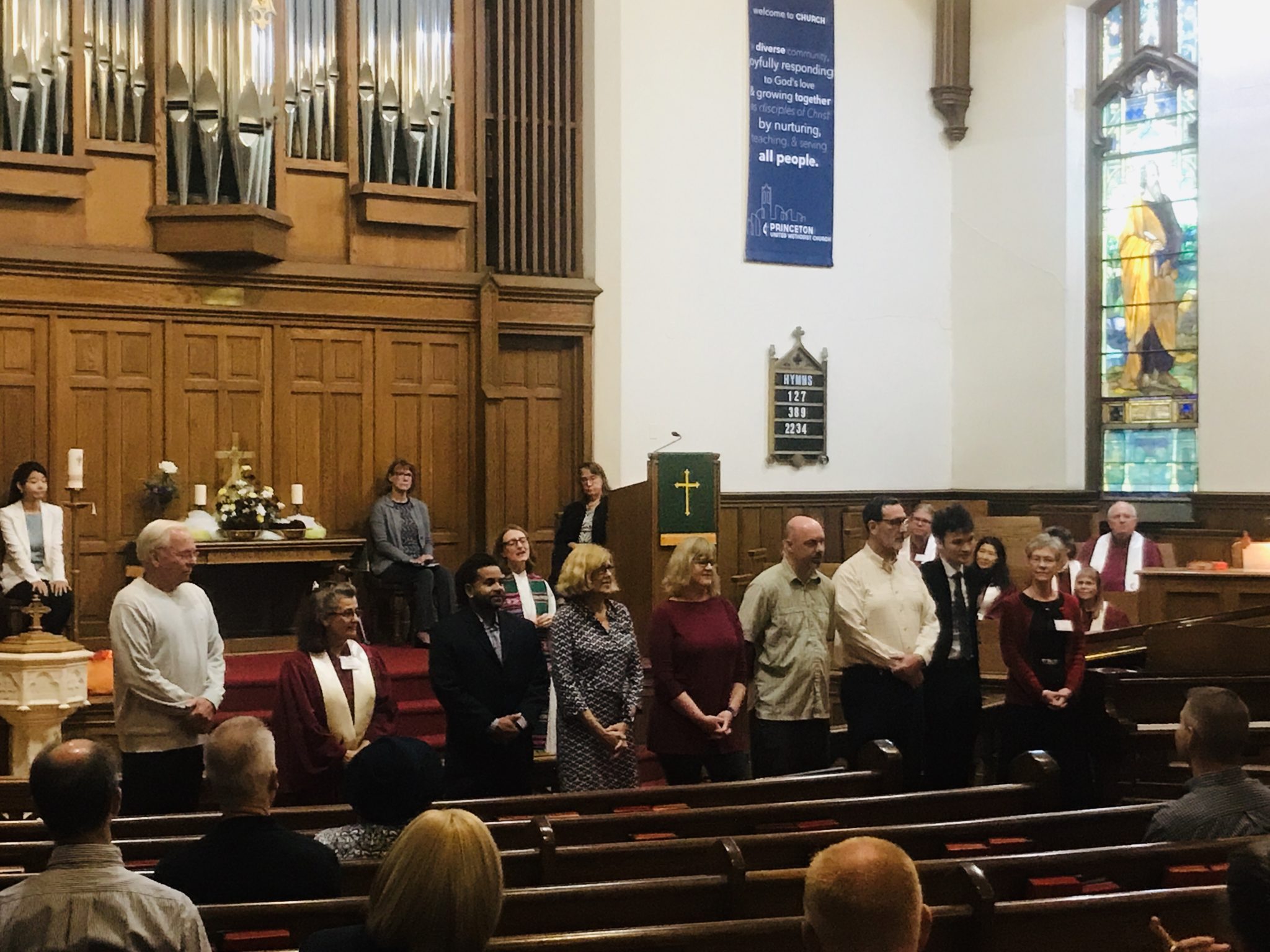

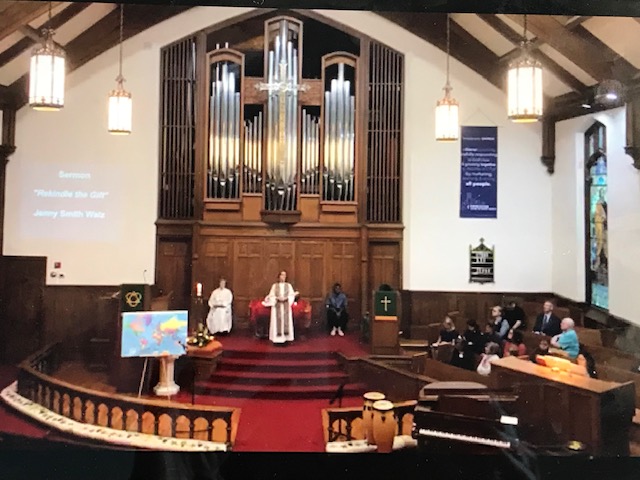 Do you ever waver in your faith? Not sure what you believe? Are you perhaps feeling like your faith isn’t quite enough? Or maybe it’s not God you question so much as the church – or how people receive you as a Christian?
Do you ever waver in your faith? Not sure what you believe? Are you perhaps feeling like your faith isn’t quite enough? Or maybe it’s not God you question so much as the church – or how people receive you as a Christian?